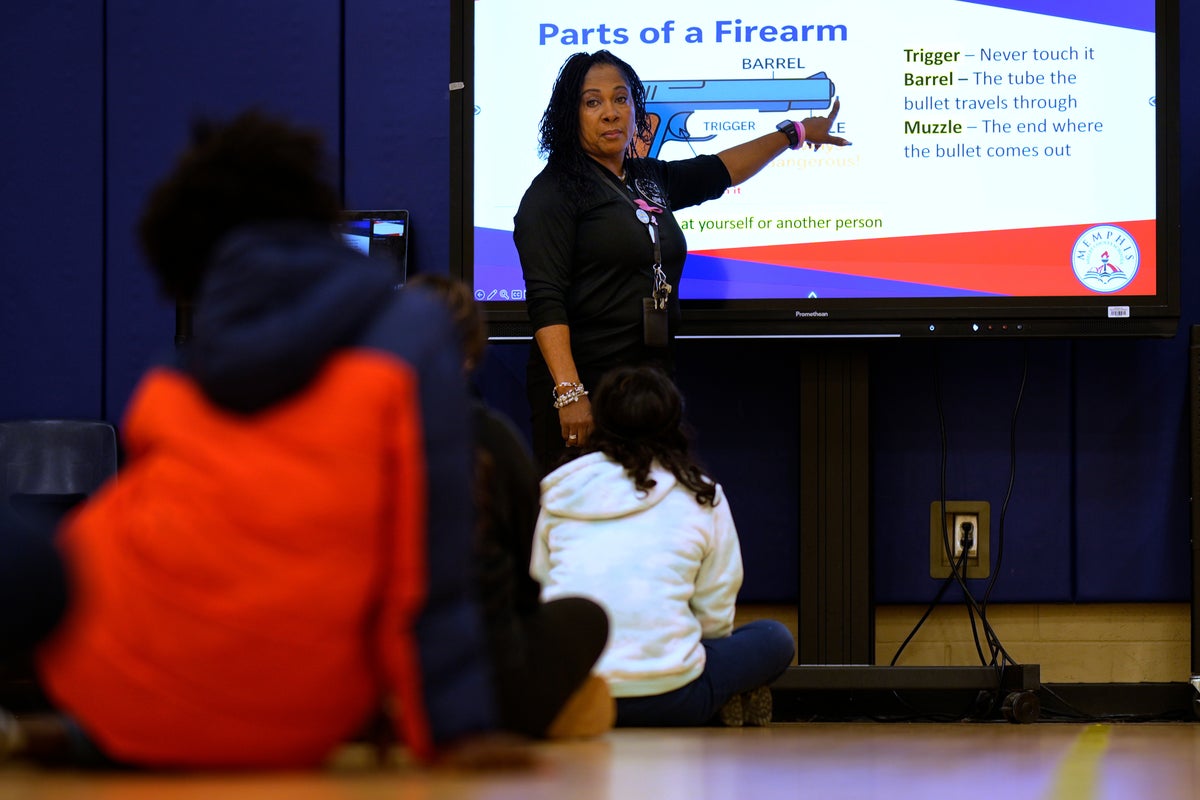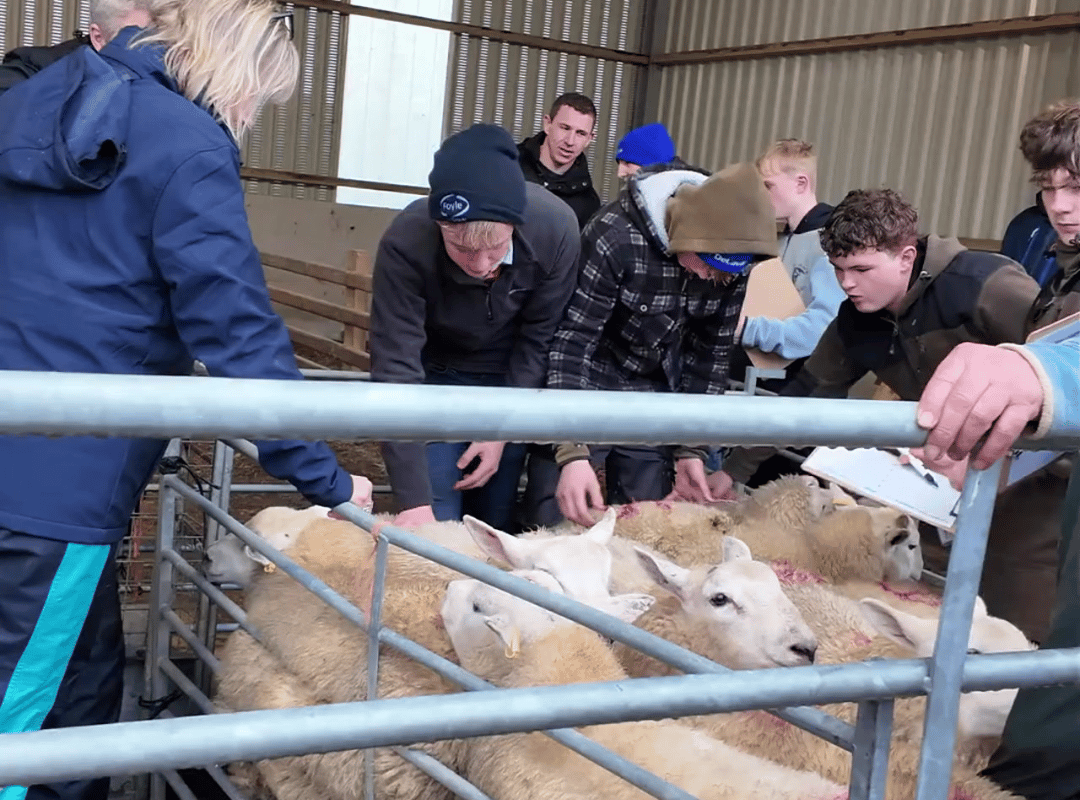Legislators in Arkansas, Tennessee, and Utah have enacted laws requiring public schools to teach gun safety to students as young as five. This initiative aims to address the growing concern over firearm safety among children, with a focus on what to do if they encounter a gun. These states are the first to implement such measures, reflecting a significant shift in educational priorities surrounding gun violence.
In Tennessee, the curriculum may include interactive elements such as stickers, games, quizzes, and videos featuring colorful illustrations of firearms. Notably, Utah’s legislation permits students to opt out of these lessons if their parents or guardians request it. In contrast, an attempt to pass similar legislation in Arizona was vetoed by the Democratic governor. Lawmakers in at least five additional states have introduced proposals aimed at enhancing gun safety education in schools.
At Berclair Elementary School in Memphis, a recent class demonstrated the need for such training. When asked how many of the sixteen fifth graders had seen a real gun, nearly all raised their hands. Tammie Chapman, a health and physical education instructor at the school, emphasized the importance of these lessons, stating, “It just shows you how much a class like this is needed.”
The curriculum, developed by the Tennessee Wildlife Resources Agency in collaboration with the state Department of Education, is designed to provide foundational knowledge about gun safety. Unlike traditional hunter safety courses, which often involve handling firearms, these classroom lessons stress that children should not touch guns. In Tennessee, the law explicitly prohibits any use of actual firearms in the lessons.
An essential component of the training consists of a series of steps for children to follow if they find a gun: stop, do not touch, leave quickly, and tell an adult. This guidance aligns with similar safety protocols advocated by organizations such as the National Rifle Association, which offers resources including animated characters and instructional videos.
In a bid to engage students, Berclair faculty devised a relay-race game where students identified images of guns and reported them to adults. Additionally, catchy jingles reinforce the safety steps. Emily Buck, director of public relations for the Tennessee Wildlife Resources Agency, noted that many adults are responsible for creating unsafe environments at home. She expressed hope that children could take these lessons home, encouraging parents to reconsider their gun storage practices.
Gun legislation in the United States often falls along partisan lines, with Democratic-led states typically advocating for stricter control measures. In contrast, the education bills in Arkansas, Tennessee, and Utah received support from Republican lawmakers. These laws mandate that the curriculum maintain a neutral stance on gun ownership and related issues.
Voices for a Safer Tennessee, a nonpartisan nonprofit established by parents following the tragic Covenant School shooting in Nashville, advocates for such educational initiatives. Jessica Jaglois, the organization’s director of communications, stated that these lessons could foster important discussions within families, potentially preventing firearm-related tragedies. According to data from the U.S. Centers for Disease Control and Prevention, firearms were the leading cause of death among children and teens in 2022. Arkansas and Tennessee reported firearm death rates among this demographic that exceed the national average.
Despite the intent behind these laws, some Democrats and gun control advocates argue that focusing on education may not be the optimal solution to address gun violence. Meg Beauregard, policy counsel fellow at Everytown for Gun Safety, criticized the approach, asserting that simply teaching children about guns will not prevent adults from storing firearms irresponsibly. She advocated for legislation holding adults accountable for secure firearm storage, rather than placing the onus on children.
The laws in these states allow school districts flexibility in implementing the lesson plans, with discretion to choose who leads the instruction. Some districts may opt to involve police officers in discussions about gun safety. In Arkansas, schools might integrate these lessons into annual safety training alongside fire and tornado drills, according to Spencer Griffith, deputy director with the Arkansas Game and Fish Commission.
Berclair Principal Clint Davis acknowledged that the issue of firearm accidents involving children has long existed, noting, “It’s always been there. And I think we’re just now really responding to the need to provide that sort of training in school.” As these states lead the way in gun safety education, the effectiveness of these measures in reducing firearm-related incidents among children remains to be seen.







